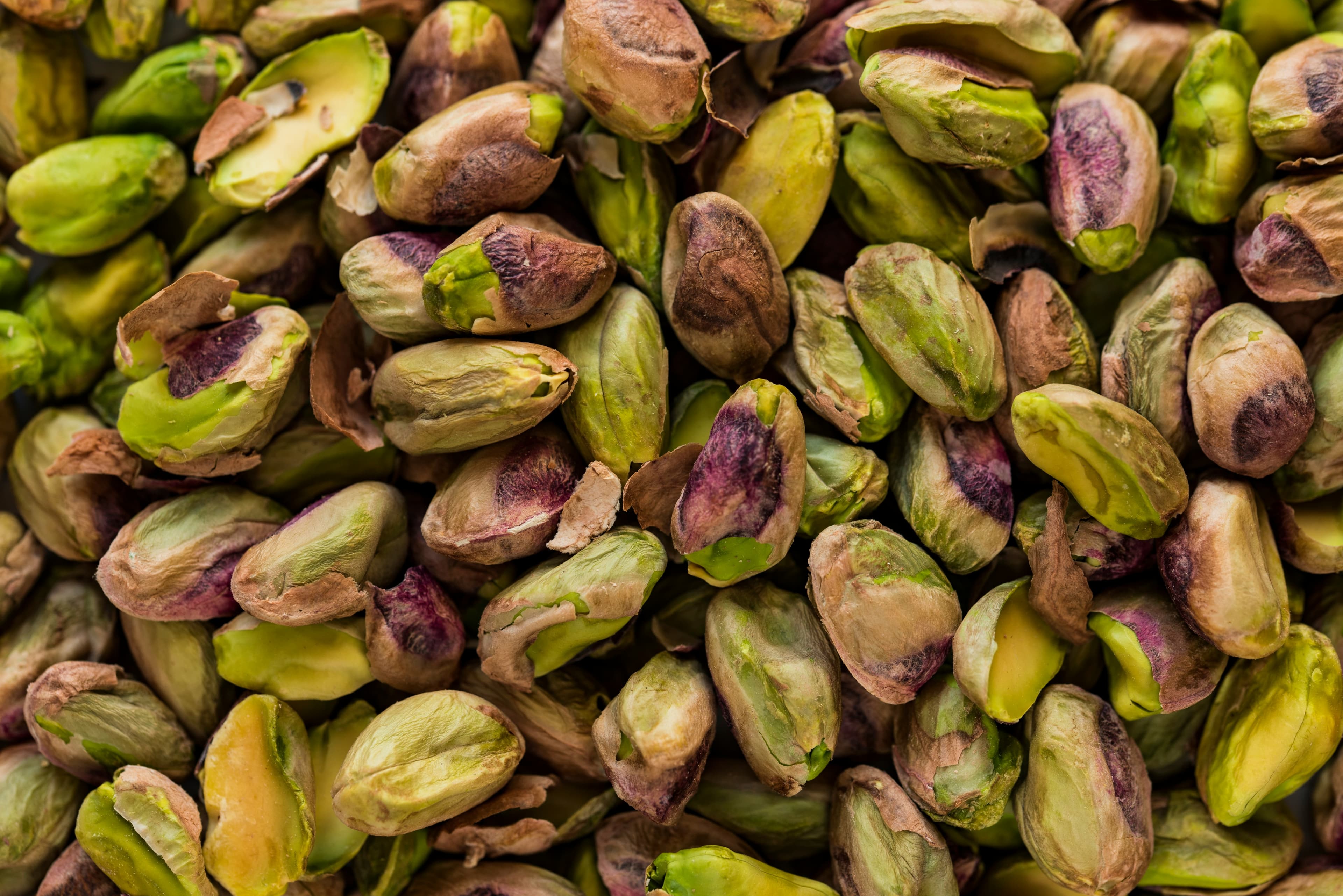Being a responsible pet owner brings myriad questions regarding animal care dos and don'ts, especially regarding our four-legged friends' dietary preferences. A question frequently surfaces among dog owners is whether certain human foods are safe for dogs to consume. One such food that often finds itself under scrutiny is pistachios. The query "Can dogs eat pistachios?" and the general concern around nuts deserve a closer examination.
Are Pistachios Bad for Dogs?
Pistachios are not toxic to dogs. However, that doesn't mean they are an ideal snack for your canine companion. Several factors must be considered when planning feeding dogs pistachios, including the risks of pancreatitis, salt content, high phosphorus content, potential choking hazards, and the risk of poisoning.
Pancreatitis
When consumed too much, high-fat foods like pistachios can provoke pancreatitis. Pancreatitis is a health condition that causes the pancreas to become inflamed, leading to symptoms such as vomiting, diarrhea, abdominal pain, and lethargy. It requires immediate veterinary care.
Salt
Many pistachios available in stores are salted, which is toxic for dogs. Too much salt can cause ion poisoning, known as hypernatremia or simply salt toxicosis. Symptoms of which include vomiting, diarrhea, decreased appetite, lethargy, incoordination, and excessive thirst or urination. It can cause tremors, seizures, and even coma.
High Phosphorus Content
Pistachios have a high phosphorus content, which can harm dogs with kidney issues. High phosphorus intake in dogs with kidney disease can precede further deterioration of kidney function.
Choking Hazard
The size and shape of pistachios, especially if they are still in their shells, pose a choking risk to dogs. Dogs do not always chew their food thoroughly, which means that pistachios can easily become lodged in their throat or gastrointestinal tract, leading to a potential emergency.
Poisoning
Aflatoxin, a toxin produced by the Aspergillus molds, can contaminate pistachios. This toxin is harmful to dogs and can lead to aflatoxicosis. Symptoms include lethargy, loss of appetite, vomiting, jaundice, and, in severe cases, liver failure. Additionally, the shells of pistachios can sometimes harbor other molds that are harmful to dogs if ingested.
How Many Pistachios Can Your Dog Eat?
Given the risks outlined above, it is clear that pistachios should not be a regular part of a dog's diet. However, pistachios and dogs can semi-friends. If you decide to give your dog a few pistachios as a treat, it is crucial to do so in moderation and to ensure that the nuts are unsalted and shelled. A good rule of thumb is to limit such treats to less than 10% of your dog's daily caloric intake, keeping in mind that even a small amount of nuts can lead to gastrointestinal upset in some dogs.
It's always advisable to closely monitor your dog after introducing any new food into their diet and consult with a veterinarian if you have any concerns about their health or dietary needs. To answer the question, "Can dogs have pistachios?" the safest approach is to opt for dog-friendly treats that are made to meet their nutritional requirements without posing any health risks.
In summary, while the occasional pistachio may not harm your dog, there are significant risks associated with feeding pistachios to dogs that cannot be ignored. As responsible pet owners, our priority should always be the health and well-being of our furry friends, which means making informed choices about their diet and treating them with safe and nutritious snacks.
Frequently Asked Questions
What nuts can dogs eat?
Dogs can safely eat peanuts, almonds, and cashews in moderation, but they should be unsalted and free of flavorings or coatings.
Can dogs eat pistachio nuts?
Yes, dogs can eat pistachio nuts in very small quantities, but they should be unsalted and shelled and given only as an occasional treat due to potential health risks.



